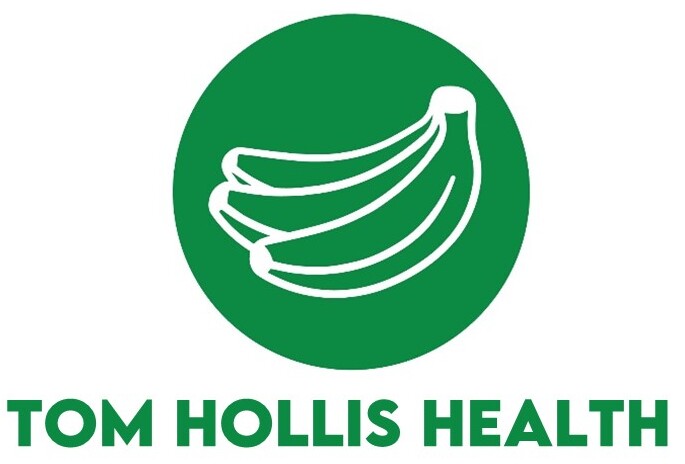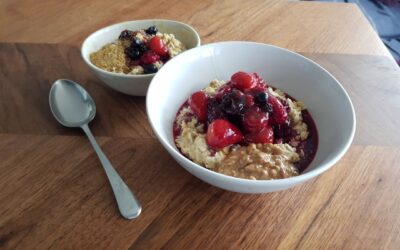Over the past fortnight I have focussed on oils, blogging first about rapeseed, and then moving onto controversial coconut oil. I conclude this mini-series with a look at an old favourite: olive oil.
1. As with both rapeseed and coconut oil, olive oil is remarkably versatile. With a smoke point of around 380 degrees fahrenheit (a little lower than many other cooking oils) it is not so well suited to frying, but it remains a culinary powerhouse, adding that beautiful Mediterranean flavour to salad dressings, pasta dishes and dips. But beyond this, olive oil has uses ranging from the ancient and traditional (as a skin moisturiser and antibacterial agent) to the potentially cutting edge and clinical (such as possible pharmacological roles in heart disease and cancer).
2. Olive oil really is steeped in tradition. Olives are thought to have first been gathered by Neolithic populations in the 8th millennium BC! We also know, from archaeological evidence, that olive oil was produced in what we now know as Israel as far back as 4500 BC, and in Crete around 2500 BC.
3. Olive oil flavour depends on the olive variety (and therefore the country of origin), but also on the grade – summarised by terms which we will recognise (but not necessarily understand) from our trips to the supermarket. ‘Virgin’ means extracted purely by mechanical and not chemical means. The ‘extra’ in ‘extra virgin’ refers to the quality of flavour, odour, and free fatty acid content. ‘Refined’ olive oil typically involves chemical filtration.
4. Olive oil’s lipid profile is dominated by oleic acid, a monounsaturated fatty acid (MUFA). MUFAs are thought to improve our cholesterol profiles (relative to a saturated fats) and are thus a good option for heart health. Moreover, the Mediterranean diet as a whole, in which olive oil plays such a key part, has long been shown to have a cardioprotective effect in epidemiological studies.
5. Olive oil is also rich in polyphenols, antioxidant molecules that help to protect against cellular damage. They may have anti-inflammatory roles, and olive oil continues to be studied for its potential impact in a huge range of health issues, from cancer and bone health to cognition and memory.
So that concludes the trilogy of blogs on oils. But first – a word of warning! Regardless of an oil’s health properties, lipid profile, traditions and versatility, we should remember that fats are all extremely calorific, at around 9 kcals per gram. It is a common sight to see TV chefs drizzling oil on everything in very generous quantities, but we should always remember that these ingredients need to be used with care – particularly when watching waistlines.




0 Comments